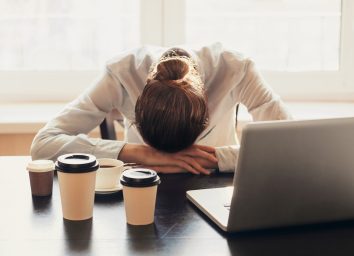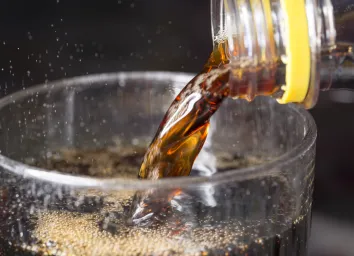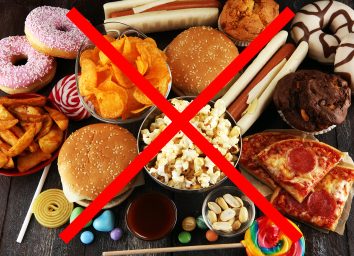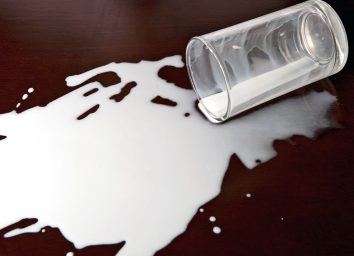What Happens to Your Body When You Cut Out Caffeine
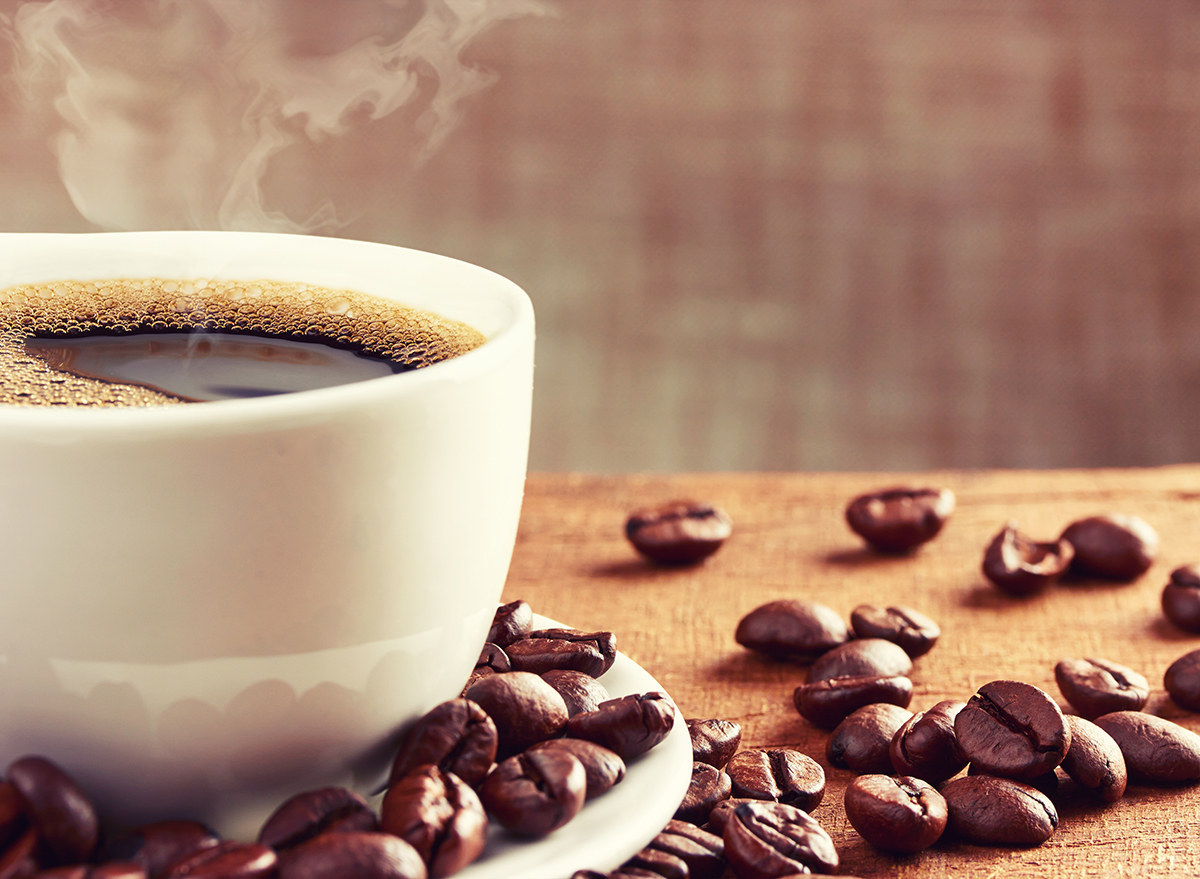
For many, the day doesn’t start until a cup of coffee has been consumed as caffeine is one of the few things that makes surviving their 9 to 5 possible. But there are others out there whose routines no longer include coffee refills throughout the day and sips of soda to keep the pep in their steps, as they claim that ditching their caffeine habit completely changed their life. So what exactly happens to your body when you cut out caffeine, once and for all?
Now before tossing out your Keurig and all of your favorite teas, it’s important to know what you’re going to experience. As you can imagine, some of the effects are positive while others are less of a good time. If after weighing the pros and cons you decide to cut the stuff out of your diet, we’ve got tips for how to go about doing that, too!
You’ll Get a Bad Headache—and Then You’ll Have Fewer Headaches
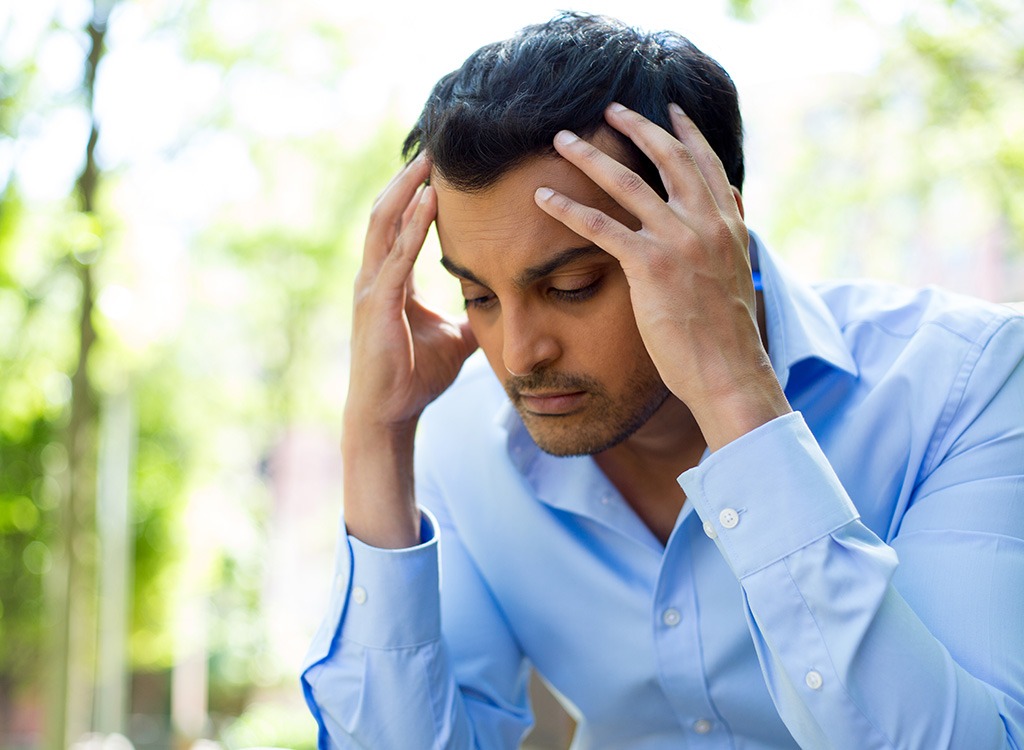
Your head is pounding and you feel like you want to crawl back into bed with a bottle of Advil. No, you’re not hungover, you’ve just given up caffeine. When you regularly consume the stimulant, it leads to a physical dependence, which means withdrawal symptoms are non-negotiable—and a throbbing headache is one of the most common. While the reason for this is not yet fully understood, some medical experts say that caffeine relaxes blood vessels—so when you ditch the stuff, the vessels constrict and cause pain. The good news? After the first 7-10 days, the pain should subside. And after that, you’ll no longer suffer from head-pounding pain when you’ve gone too long between your daily cups.
You’ll Be Grumpy for a Bit
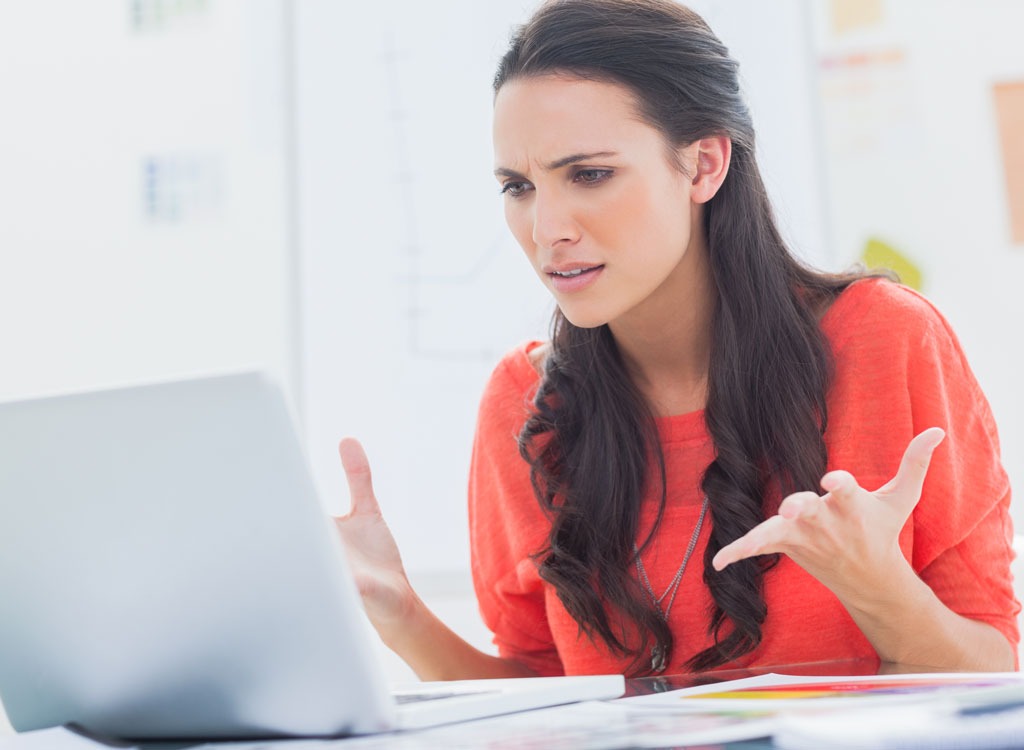
Even if you’re not the kind of person who’s grumpy before your first caffeine fix of the day, you might experience some pretty crazy mood swings and bouts of fatigue when you first ditch java and cola. To ensure your friends and co-workers don’t think you’ve gone totally insane, you might want to give them a heads up so they know why you’re being so short-fused.
You’ll Have More Energy

We won’t deny it. During the first few days that you go caffeine-free, you’ll probably feel totally run-down. But after you make it through the withdrawal period, you can expect to see your energy levels soar! The reason: People who consume caffeine on the reg (especially those who sip in the afternoon and evening), often sleep less soundly than those who don’t sip stimulant-laced drinks. Then they wake up tired and in need of more caffeine. Once you break the cycle, however, you’ll sleep better and have more energy to tackle your day.
You’ll Be Less Stressed
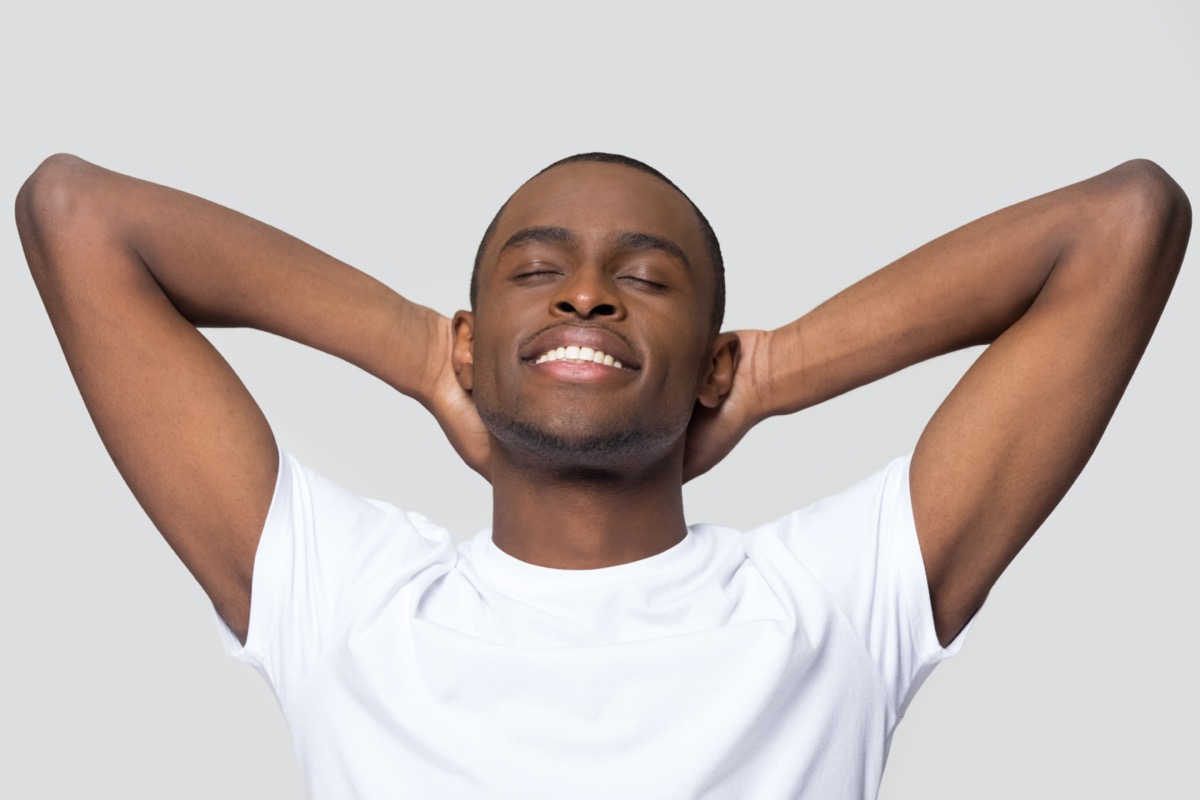
When you consume something packed with caffeine, your adrenal glands start pumping out adrenaline, needlessly putting you into “fight or flight” mode. When you lay off the stuff, however, you’ll feel less stressed and anxious. Plus, since a coffee and cola habit can easily cost you over $1,000 a year, you’ll likely be less stressed about money, too.
Your Workouts May Feel Tougher

Having some coffee or tea before you hit the gym has been shown to decrease exercisers’ perception of effort. And according to The American College of Sports Medicine, the upper improves exercise performance and intensity, too. So, it shouldn’t come as a surprise that once you kick your caffeine habit to the curb, your workouts may feel a bit tougher than they did it the past.
Your Weight May Fluctuate
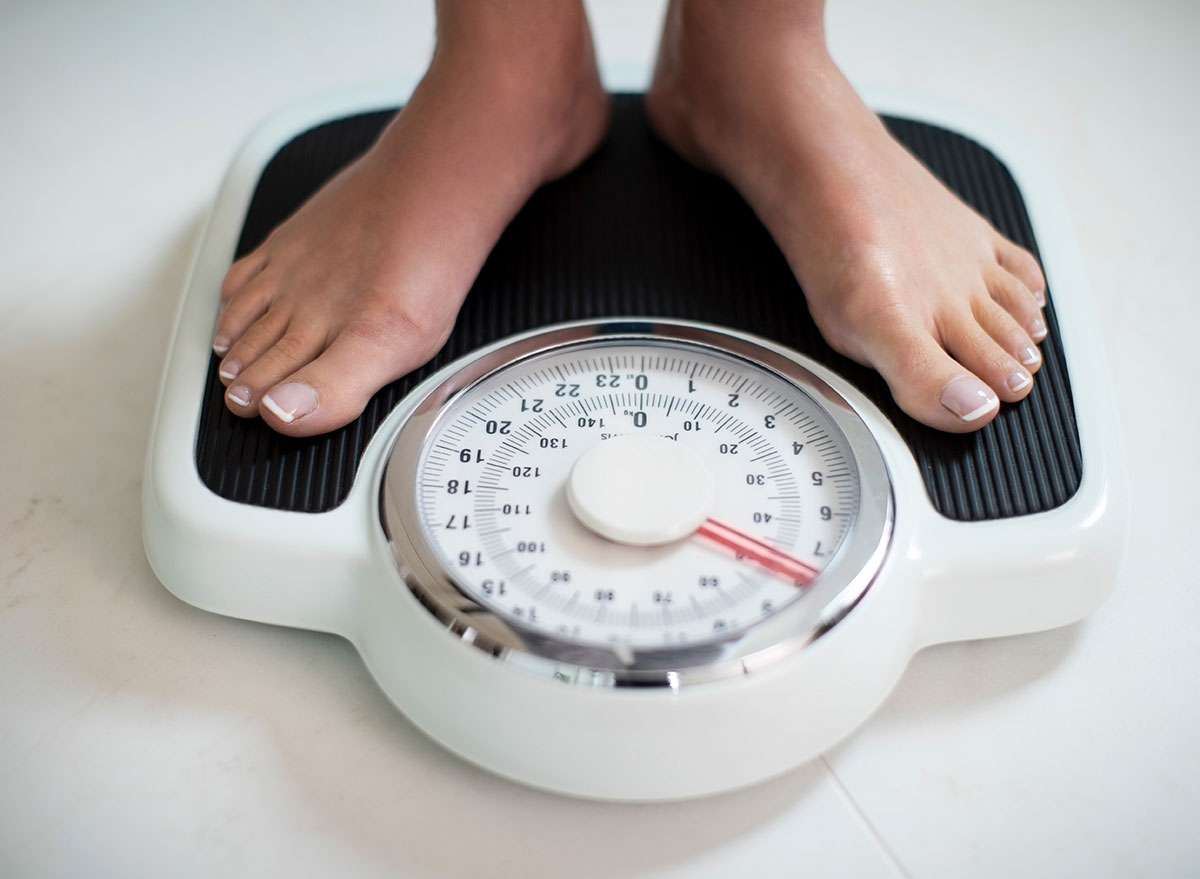
If your caffeinated beverages of choice are laden with calories, sugar, or artificial sweeteners (think: diet soda, fancy lattes, or sweet tea) you may lose a few pounds after you kick the habit. On the flip side, however, if you typically turn to fresh green tea or black coffee, ditching your daily buzz may actually cause you to gain a few pounds. The reason: caffeine has been shown to temporarily suppress appetite and increase metabolic rate. To keep the damage to a minimum, increase your water intake and keep low-cal snacks like raw fruit and veggies at hand to quiet your rumbling belly.
You’ll Consume Fewer Antioxidants
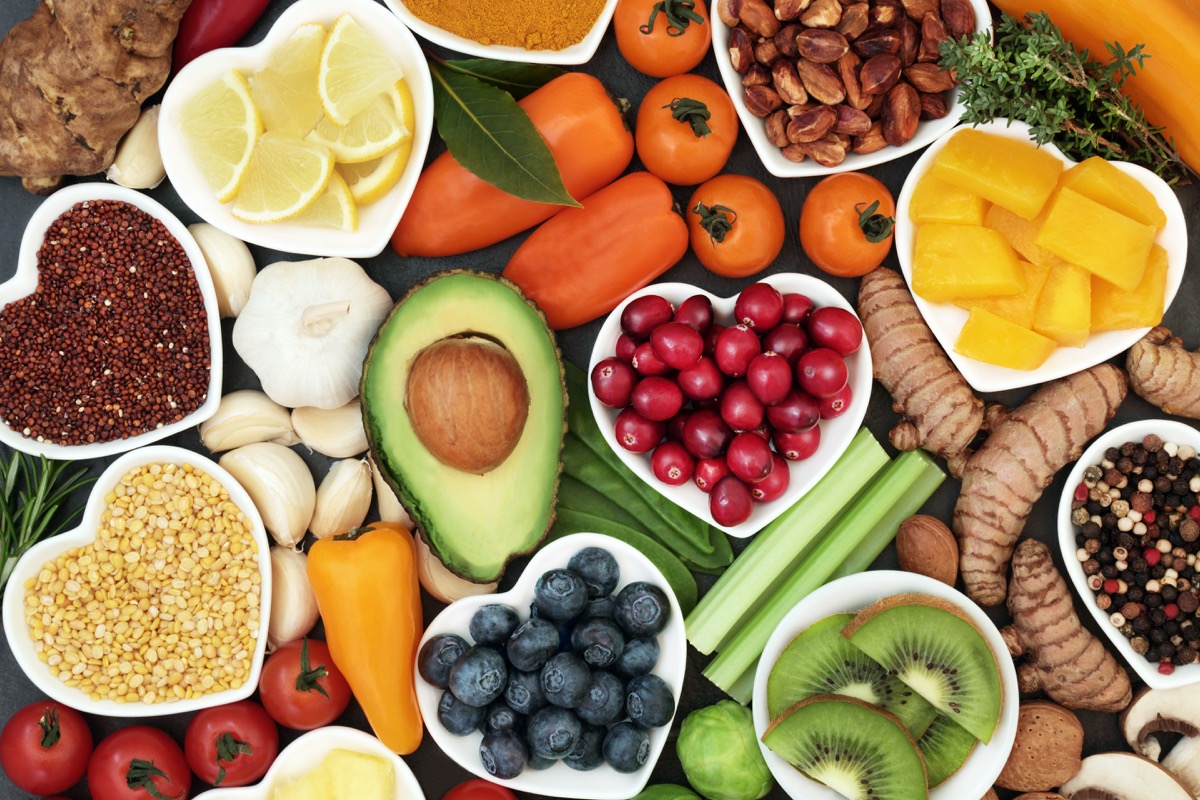
If java is your caffeinated beverage of choice, you’ll likely be getting far fewer antioxidants in your diet once you give up the stuff. Believe it or not, coffee is the primary source of antioxidants in the average American’s diet, according to University of Scranton researchers. These powerful free-radical fighters have been shown to reduce the risk of certain types of breast and liver cancers. Tea is also packed with antioxidants that help protect healthy cells against potentially carcinogenic oxidative damage. To stay safe without caffeine, make a point to regularly consume other antioxidant-rich foods like berries, nuts, artichoke hearts, and ground cloves. If you’re looking for meal inspiration, be sure to sign up for our newsletter to get daily recipes and food news in your inbox!
You’ll Get More “Brain Farts”
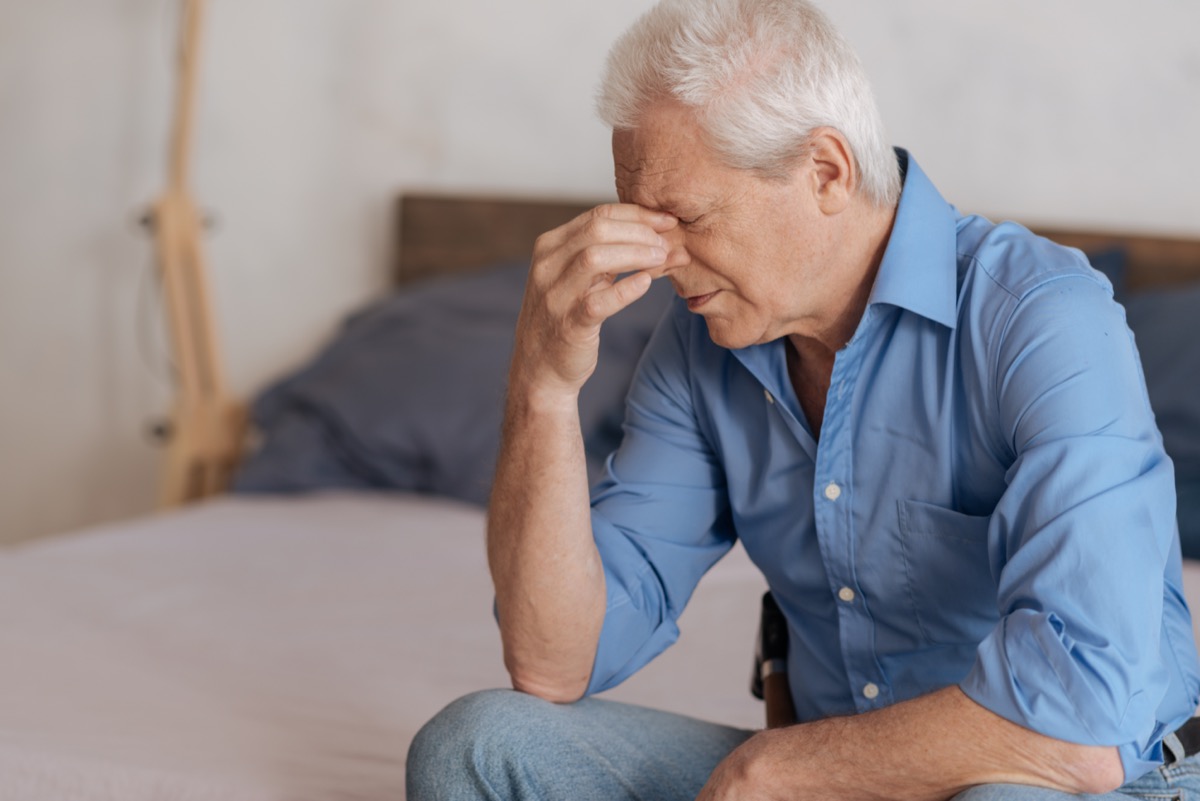
Research shows that caffeine has a positive effect on both short- and long-term memory, so you may find yourself misplacing your keys and forgetting people’s names more often if you give up the stuff. Caffeine may also protect against cognitive decline and Alzheimer’s, so that’s definitely something to consider before phasing out the stuff altogether.
Your Smile Will Become Brighter

If your teeth have been looking a bit dull lately, your caffeine habit might very well be the reason why. Caffeinated drinks like tea and coffee contain acidic polyphenols called tannins that can lead to staining and discoloration. Giving up the stuff may just help keep your pearly whites, well, white. For even more foods that can discolor your smile, be sure to uncover the foods that stain your teeth.
So, are you ready to ditch the caffeine?
While it may seem like a daunting task to kick caffeine to the curb, it’s totally doable. Start with these simple steps to jumpstart your buzz-free life today!
Eat an Energizing Breakfast
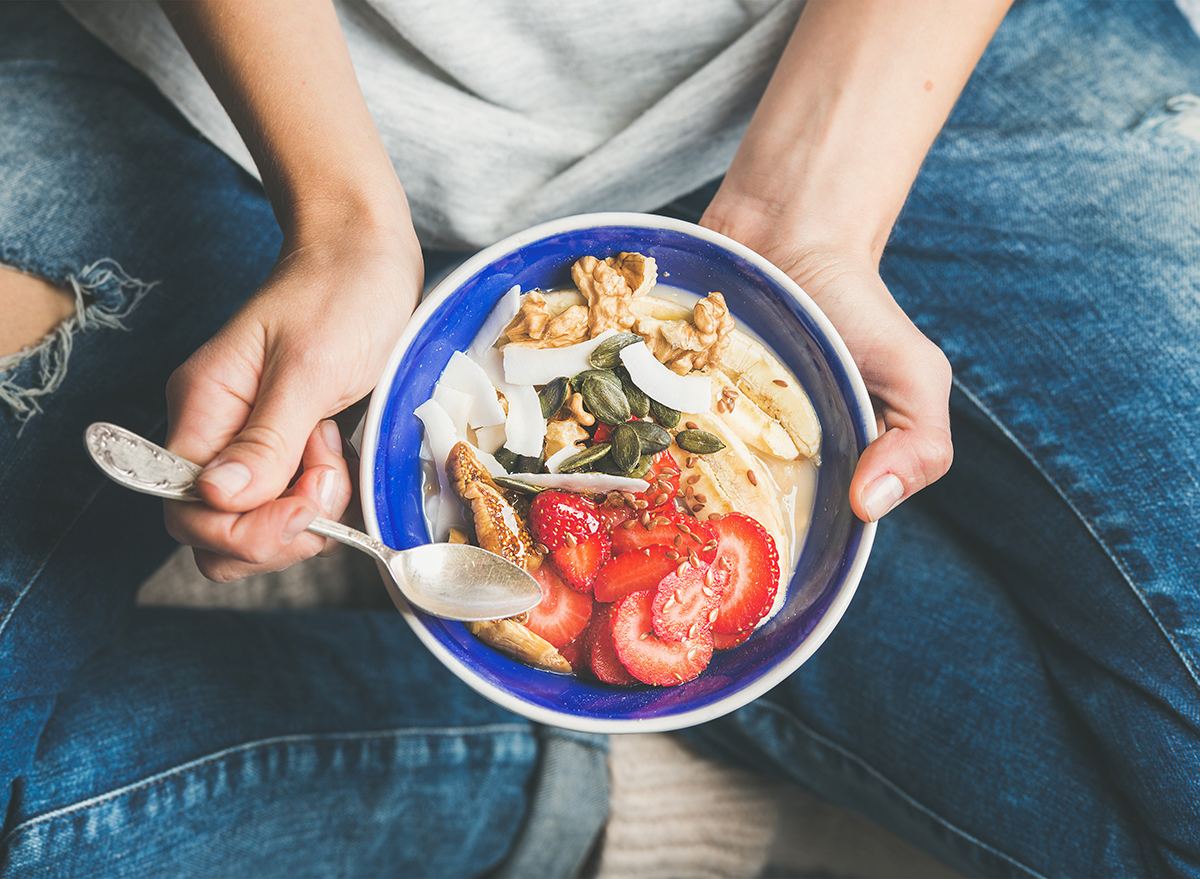
Refined carbs (like white bread), sugary sweets (like Pop-Tarts), and greasy food (like cheesy, meaty breakfast sandwiches) aren’t the best sources of lasting energy. And when you’re dragging, you’re all that more likely to start jonesing for a jolt to get you through the day. To keep cravings at bay, kick off your day with a meal comprised of complex carbohydrates, protein, and a little bit of healthy fat. Oatmeal with berries and a side of scrambled eggs hits the nail right on the head. If you’re in need of more ideas, have no fear, as we have more than 90 healthy breakfast recipes that taste great, too.
Decrease Your Portion Size
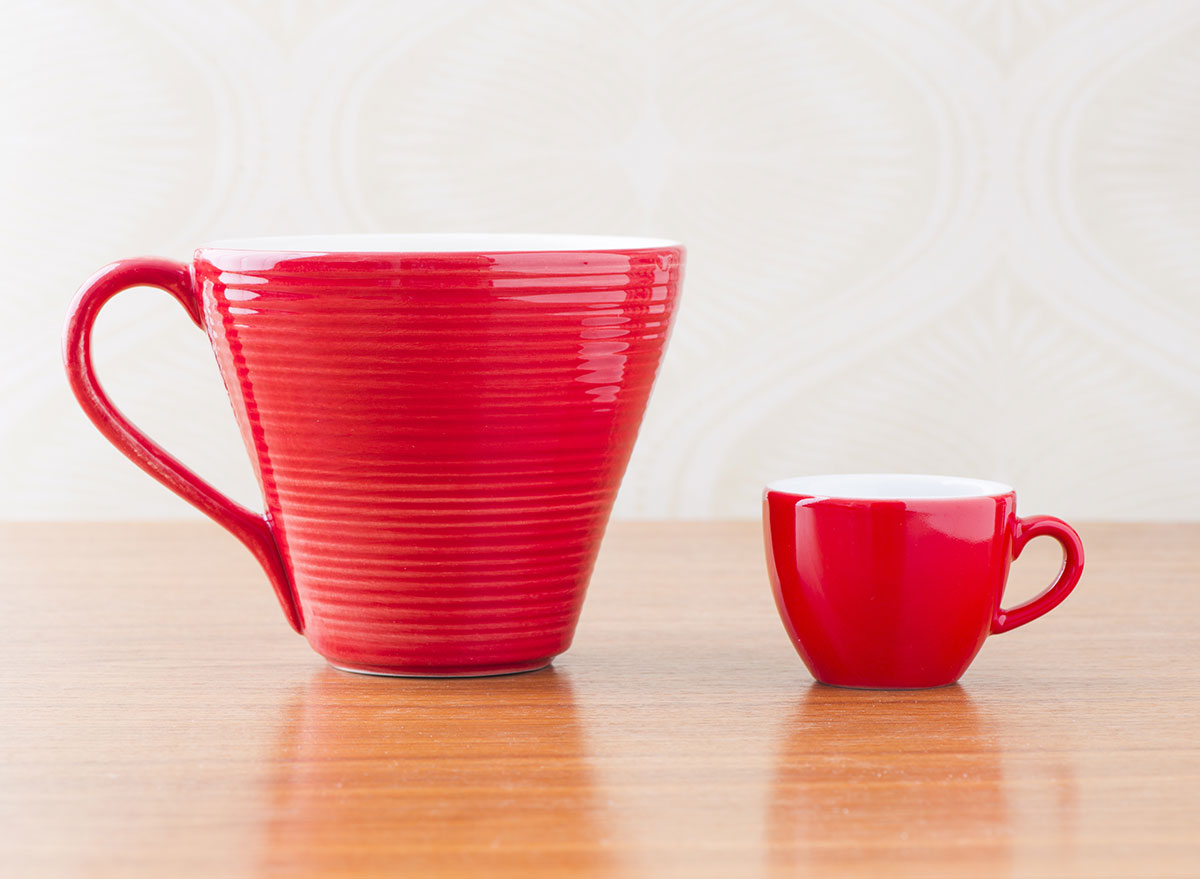
While this may seem like an obvious suggestion, it’s one of the best places to start. Do you typically sip a 20-ounce soda with your lunch? Downsize to 12-ounce and scale down to an 8-ounce serving the next week. By cutting back slowly, you’ll lessen the intensity of withdrawal symptoms, such as headaches and fatigue.
Nix Your Afternoon Fix

If you find yourself craving a mid-day cup of joe, it’s likely because your energy levels are beginning to dip, which isn’t uncommon for people who sit for long stretches of time. Instead of walking to the break room for a drink, beat the afternoon slump by stepping outside for a short, brisk walk. Continue doing this each day, until it becomes a habit. Numerous studies have found that even short exercise bouts can knock out feelings of fatigue, so you won’t even miss your caffeine fix.
Choose Less Caffeine-Filled Drinks
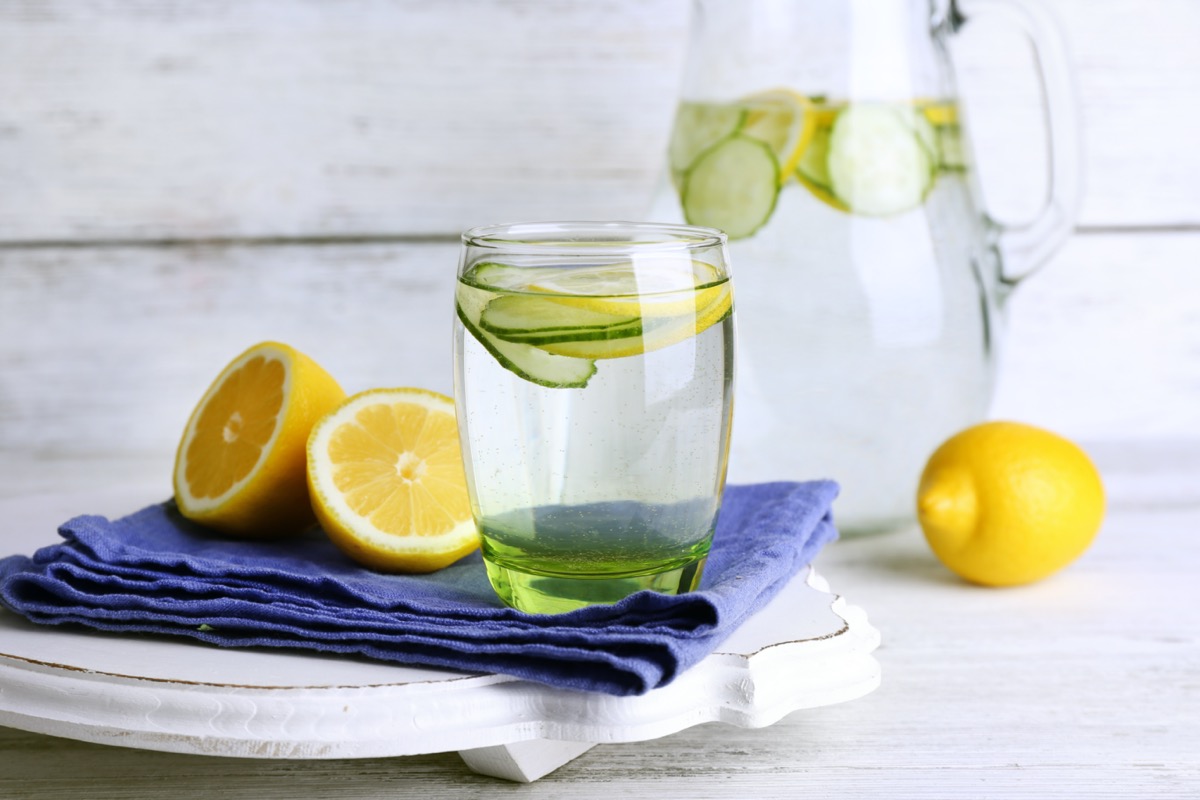
Caffeine is a chemically addictive substance, so slowly scaling back on the stimulant can make it easier to give up. If you’re a coffee addict, for example, order a “half-caff” brew which is a mix of regular and decaf coffee, and then slowly switch over to decaf before kicking your java habit altogether.
Distract Yourself

The average craving lasts about 10 minutes. Simply finding something else to think about or do until your soda or energy drink craving passes can help. So, call a friend, read a book, check Facebook—really, anything will do the trick. It may seem silly, but each time you avoid your craving puts you one step closer to your goal of giving up the habit for good.
Avoid Triggers

If you have a coffee machine at home or a giant stock of soda, put it in storage or donate it to a friend. If you keep caffeinated beverages out of the house, you won’t be able to give in to cravings the moment they strike. If you have to take a trip to the drug store to get your fix, you’ll be less apt to give in to temptation. Because let’s be honest—we’re all a little bit lazy!
Get More Sleep
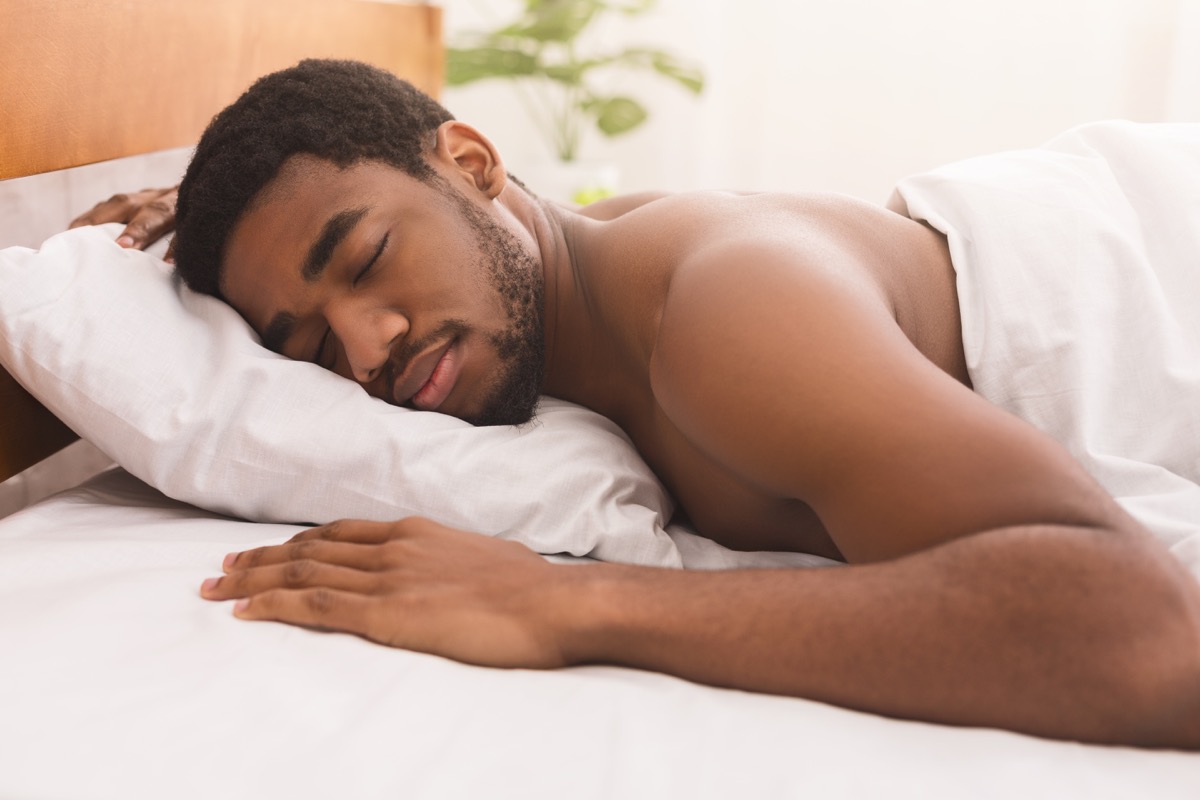
Most people rely on caffeine because they feel tired and drowsy. You’ll be less apt to reach for the coffee pot if you get a better night’s rest. The Centers for Disease Control and Prevention suggest adults get between seven and eight hours of sleep each night. Go to sleep around the same time every night—even on weekends—to feel the most refreshed each morning. Another sleep smart tip: Avoid using the computer or watching TV right before bed since the light can hinder your quality of sleep.

